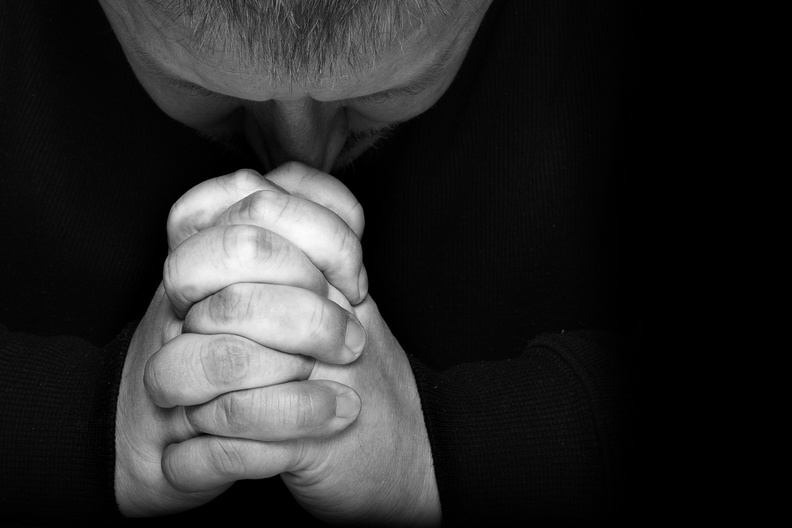Blog & Pastor Letters

Twenty-Third Sunday in Ordinary Time - September 10, 2023
09-10-2023Weekly ReflectionFr. Joseph SigurI was recently at a local barbershop getting my hair cut when one of the barber’s customers immediately identified me as a priest. As often happens, an interesting conversation — or rather an interesting monologue — ensued: thoughts about problems with contemporary America, the state of public education, the effects of technology and social media on Gen Z and Gen Alpha, etc. The conversation eventually led to our different Christian denominations, and something that this other gentleman in the barbershop said stuck with me. He assured me that one’s particular denomination is of no import, because “God is a God of love.” “Man made religion,” he declared with absolute confidence before correcting himself, “No! The devil made religion!”
While I was immediately struck by the gentleman’s suggestion that the “devil had made religion,” the very virtue whose purpose, according to St. Thomas Aquinas, is “to render to God the worship due to Him,” i.e. precisely what the devil was incapable of doing, his comments seemed to me to be indicative of the way many contemporary Christians approach the topic of “religion.” I was immediately reminded, for example, of the viral video from a few years back about being “spiritual” vs. “religious.”
In Matthew’s Gospel today, we begin the fourth of Jesus’ discourses, which some scholars have named the “Discourse on the Church,” and what one notices is that while the virtue of “religion” certainly predates Christianity, for Jesus in particular “spirituality” and “religion” go hand-in-hand. While the specific context of today’s Gospel is the discussion of fraternal correction in the Christian community: first privately admonishing the erring believer, then with one or two others before bringing him before the Church, and if he is still unrepentant, treating him as a “Gentile or tax collector” — contained within it is a teaching on the authoritative role of the apostles. Where earlier in Matthew 16, Jesus had given to Simon Peter the keys of the kingdom of heaven and the authority to “bind and loose,” here in chapter 18, Jesus confers that same authority of “binding and loosing” on the other apostles as well. In the context of this Gospel on fraternal correction, the authority of “binding and loosing” granted to the apostles (who are the audience of today’s Gospel) becomes clear. The Catechism speaks about this authority as being threefold: “the authority to absolve sins, to pronounce doctrinal judgments, and to make disciplinary decisions in the Church” (CCC 553). Paired with the reading from Ezekiel about the vigilance required of the priest-prophet Ezekiel, the “watchman for the house of Israel,” and his obligation to “warn the wicked,” trying to “turn him from his way,” the important role of the apostles and their proper exercise of authority in the Church (namely for maintaining communion) becomes clear.
The problem with the push against “religion,” the push against authority, advocated for by my new barbershop acquaintance, is obvious in light of today’s Gospel. The promulgation of a Gospel of “love” where all exercise of authority ceases, where fraternal correction is outmoded, and individual interpretation of the Scriptures begets one new congregation after another, makes communion impossible. It is that communion that Jesus has in mind when he gives his apostles today’s teaching on fraternal correction. Fraternal correction — even in the most radical form of excommunication — is always meant to lead to repentance, conversion, and reincorporation into the communion of the Church.
It is no surprise, then, that of the different proposed etymologies of the word “religion,” perhaps the most common is that of a “binding” (“re-ligare”: to bind fast). While there is an innate human desire to seek freedom and resist being bound, exemplified by the gentleman in the barbershop, “religion” is less about having our freedom inhibited and more about being “bound together” in reverence of God and in the communion of the Christian ekklesia built upon the foundation of the apostles whom Jesus sets, as God has set the prophet Ezekiel, as her watchmen and guardians.
BACK TO LIST